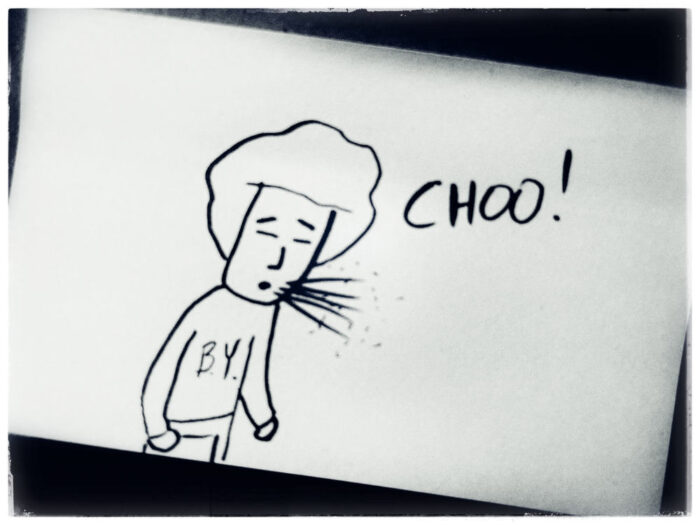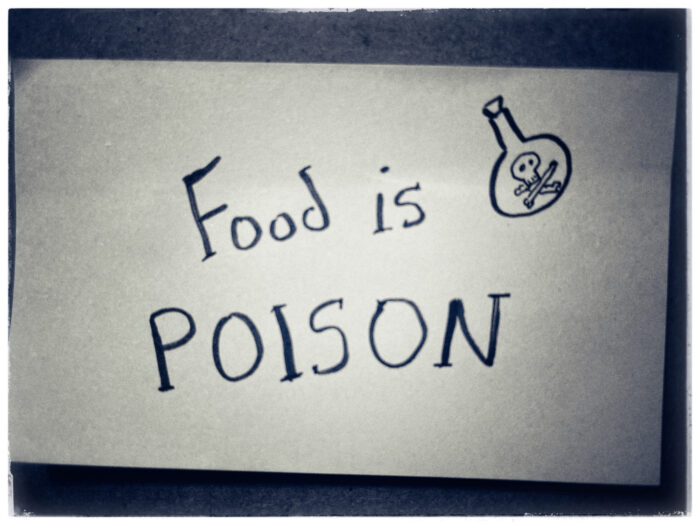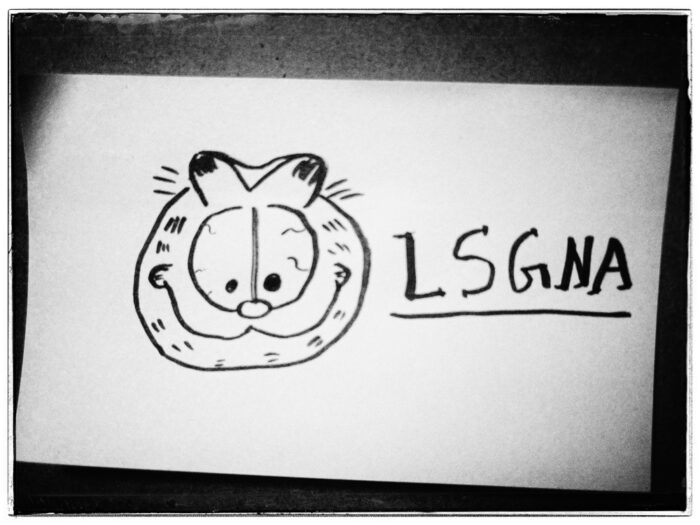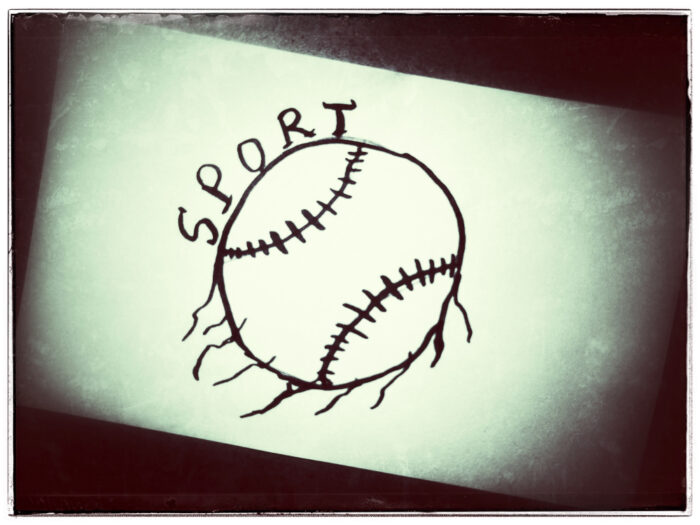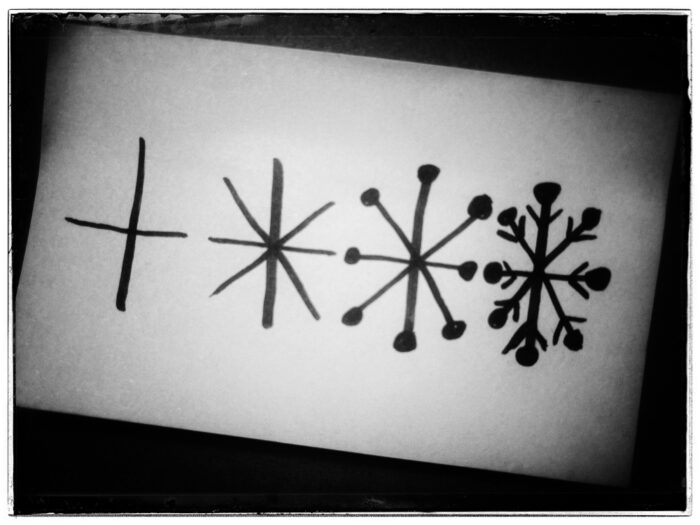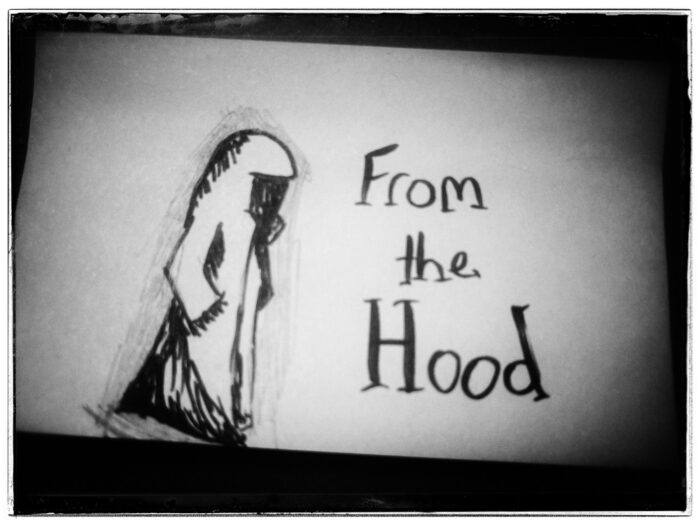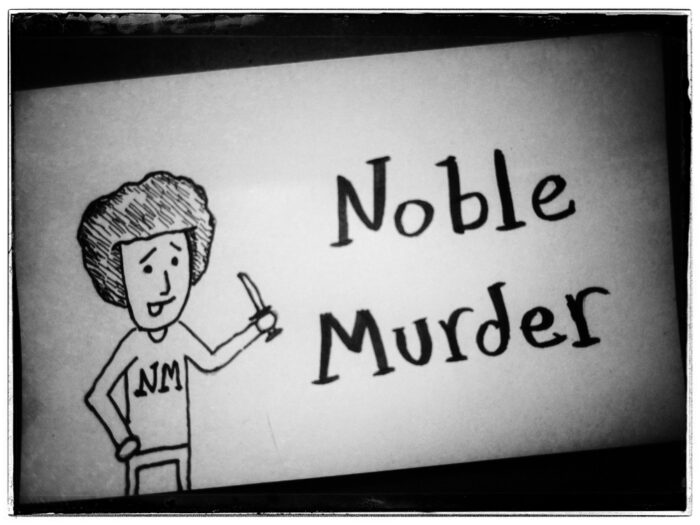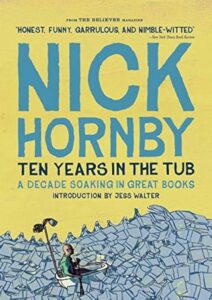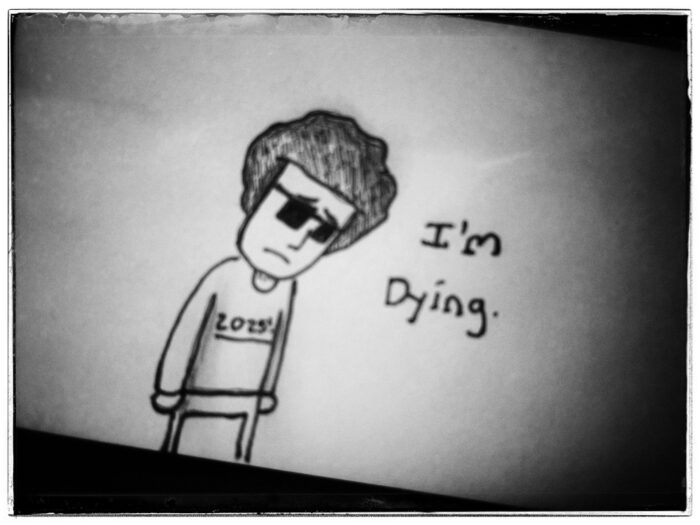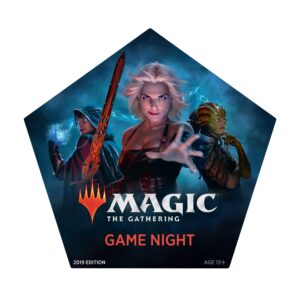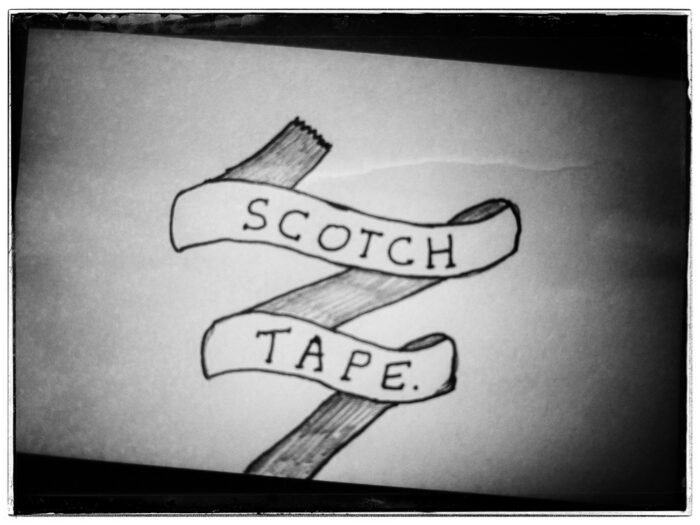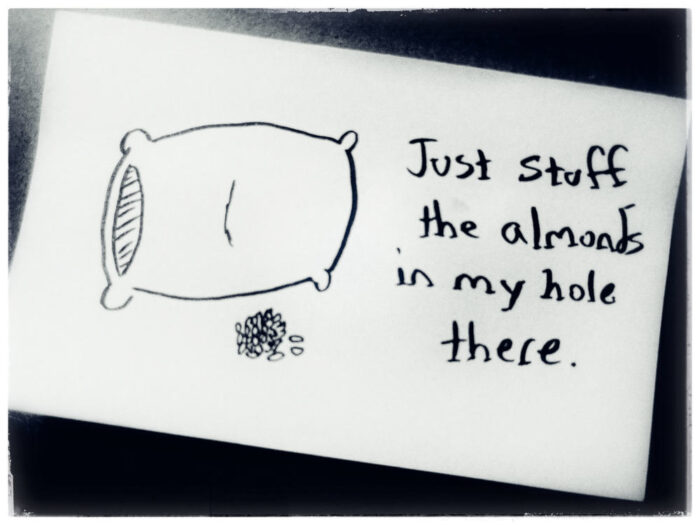
Yesterday’s trip into the rabbit hole of Modern Indian History amounted to reading up on The Emergency of 1975. And…wow. I won’t try to summarize it here, but it sounds like a frightening chapter in the history of “The Land of Spices.”
The surprising thing about The Emergency isn’t the rise of authoritarianism or the suspension of human rights (or even the forced sterilizations), but that there’s so much of what happened that it still happening today. Protests, anti-union measures, casting doubt on the validity of elections, a loss of faith in basic government institutions.
As I was reading, I couldn’t help but think, Jesus, we really are doing the same thing over and over and over. It isn’t that difficult to imagine some modern political figures pulling the same stunts here in the U.S. by deciding that the nation is under threat from internal enemies. (It did just happen in South Korea, whose president tried to declare martial law late last year, even though it was obviously politically motivated rather than due to any legitimate “threat.”)
It looks like Midnight’s Children is going to deal with some pretty tumultuous times. If the main character is a representation of India’s history, it’ll be interesting to see what will become of him.

Yesterday was just about the laziest Saturday you could imagine. I was in bed for so long you’d be forgiven if you mistook me for some pale, fleshy pillow that had somehow come alive and started shoving honey roasted almonds inside itself.
It was the first time in a long time that I didn’t feel like I had anything to do, that I wasn’t behind in any work, and could afford to spend the day reading and watching videos of Russian pet chiropractors. (Not dogs who pop the backs of Russians, but Russians on YouTube who go around cracking the joints of very surprised dogs. The whole thing baffles me. Why are people doing this? Why did it show up in my feed? I don’t even have a dog, and I don’t want to “adjust” Jolene — she’d rip my face off.)
I’ve noticed that my posts during the school week have sounded … well, whingy, I guess. It’s just hard to get your mind off of it. The building, the students, the administrators. I could be doing the dishes, watching a movie, or eating dinner when I’ll suddenly catch myself thinking about school. It feels obsessive because my reaction to these thoughts is usually, Good Lord, can’t I spend at least a few hours without thinking about work?
Anywho. I don’t know if it’s cathartic to blog about that sort of stuff, if it’s some kind of release or something, or if maybe I’m just stewing in my own anxious juices by writing about it, but I will say that I don’t think it makes for good reading. I may be at risk of scaring off the … approximately two readers I have. (I appreciate both of you, by the way. I hope your weekends are going swimmingly.)
